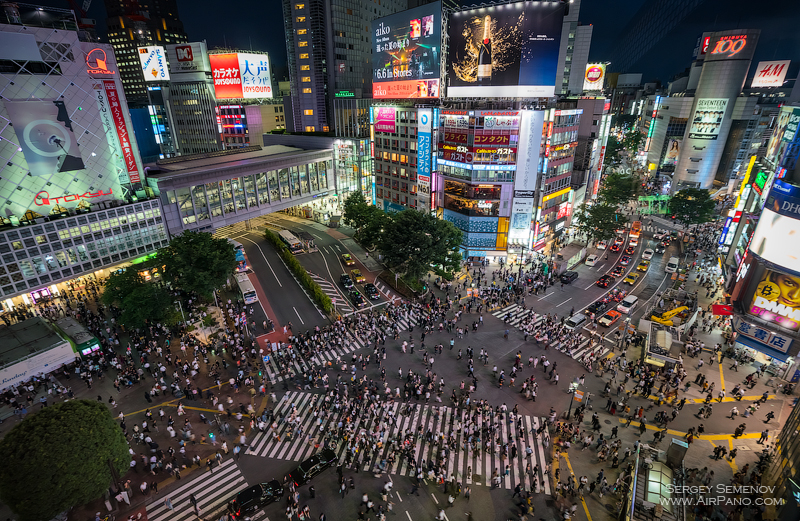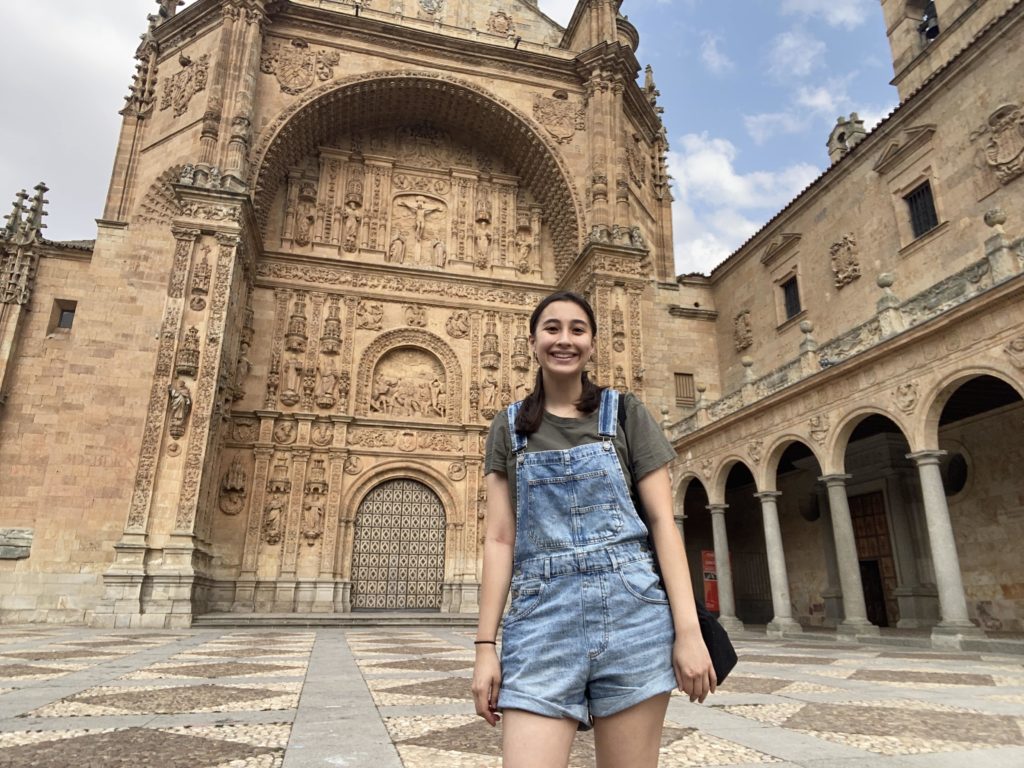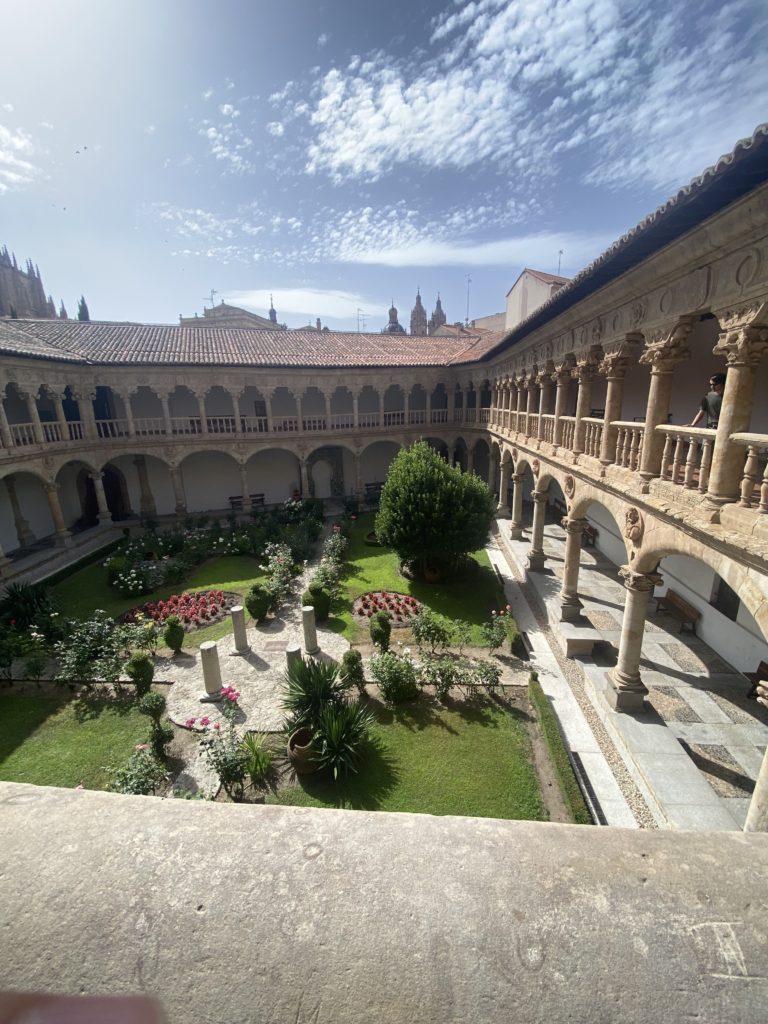

The World. It’s home to everyone and everything. It hosts the Moon and the Sun and the stars. More importantly, it’s home to every Fool, you and I. If it weren’t for the World, how would each of us grow? We’d just be metaphysical blobs in a void without it. Moreso, I feel like we often forget how big the World truly is and, as a result, limit our ability to grow.
For me, prior to this trip, I have only been exposed to my world: the great state of South Carolina. American flags flying on the back of trucks; biscuits and gravy🤤; the occasional confederate flag😅; cheese and grits🤤; the seldom swastika😅; banana pudding🤤; high Covid-19 death tally😅; fried catfish🤤; abstinence sex education😅; chicken and dumplings🤤; teenage pregnancies😅; some the best-darndest peach cobbler🤤; high gun violence rates😅; Zaxby’s chicken🤤; high overdose rates😅; baked mac and cheese🤤; high infant-mortality rate😅; and vinegar-based barbeque🤤.
And I wouldn’t change a thing…
I’m obviously kidding. There’s always room for improvement. In fact, I’d say that awareness of what our world consists of, both the good (the food🤤) and the bad (everything else😅), provides a good foundation for growth. One of the benefits of traveling is the exposure. Really, what it does is expand your world. You experience new arts, cuisines, values, practices, rituals, and customs. But hopefully you see it all. The problems and solutions that stem from and surround the culture itself. Only then can you definitively say that you have grown, that your world has grown and you see other places as more than an art exhibit for pleasure. It’s why traveling to Mexico to visit family demanded a greater emotional investment from me than just chatting over the phone. I discovered a new place and met important people in my life. Just as the world grew for me then, it grew once more during this trip.
I’ve mentioned it before: empathy is the most valuable thing in the World. Having an active propensity to care proliferates our growth. If you want to grow, you must be able to understand people.
With that being said- based on my experiences and conversations- I will now share my condensed view of Japanese society that honestly does not do it justice. After all, my exposure to this wonderful country is from the point of view of a student abroad. Basically, I was just a glorified tourist. So, what takeaways did I have?
I’d like to address Japan broadly because the one defining overarching theme of conformity affects nearly every aspect of how the country operates. Everyone and every event is on time. Rush hour trains are crowded with salarymen wearing suits. There are no distractions on the streets: No demonstrations. No alcohol in the street (in the day). No street performers. No protests. The homeless are hidden.
There is no polarizing 24/7 news cycle filled with political pundits. Even then (or maybe as a result), there is very little public criticism of the patriarchal society. And there aren’t any frivolous culture wars occuring. That is not to say that Japan does not face any issues surrounding “culture” similar to that in the West. It’s more that Japan is lagging behind on these matters of immigration, LGBTQ, and even work itself. It has issues with declining birth rates, unsupportive LGBTQ legislation and violence, and suicides from work-related issues as well as deaths caused from exhaustion (which is a case not too uncommon that it’s received its own word, Karōshi). But a lack of open dialogue keeps these problems hidden to the affected communities.
Now, allow me to share the small, elating pleasures that accompany everyday life. You can walk at night without a worry. The food is tasty and nutritional. The streets are clean. Smoking is limited in public. The cities are filled with trees. Bikes don’t need to be locked in the parks. Overall, this conformity- which I don’t view as a bad thing- is how Japan’s culture remains strong. That is not to say that Japan is stubborn. Every generation has its quarrels with the one before and after. Eventually, time allows this shift in viewpoints to accommodate the new generation. So I acknowledge that my view of Japan is not only skewed by my American/Southern eyes, but also from the eyes of a cool, hip Zoomer.
So, empathy and this “propensity to care,” what’s the deal with that? Where does that lie in all of this? Well. I didn’t just spend time in Japan. I made new friends and spent time with my host family. I finally got to spend time with the little brother and sister that I’ve always wanted. My world has certainly grown. My family has grown. My interests have grown. My propensity to care has expanded. I now have new people thousands of miles away from the US that I care for. And while my interests are limited to just them, it’s a great start for building that connection and empathy that extends to a wider range of people. I care about climate change (Japan’s humidity exacerbates the heat to deadly levels). I care about Japan’s economy (taxes are rising throughout the country. No one likes those). I care about the intense work conditions (I think people exert themselves too much). Why do I care? Because it’s the place where my little brother and sister are growing up. I want them to live their best lives moving forward. Do you have someone abroad that you care for? How has that influenced your way of thinking?
Cheers,
ミランダ





